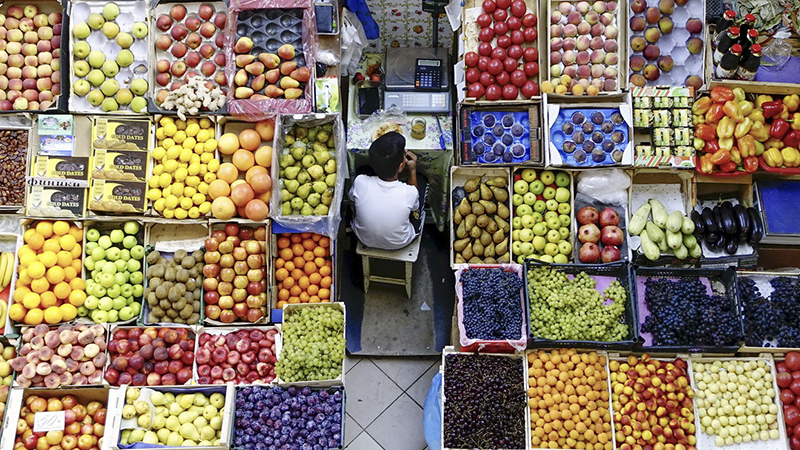IRS Notice 2021-25 (Apr. 8, 2021)
Available at https://www.irs.gov/pub/irs-drop/n-21-25.pdf
The IRS has issued a notice clarifying when business expenses for purchasing restaurant food or beverages will qualify for waiver of the 50% deduction limit. Ordinarily, Code § 274(n) limits otherwise allowable deductions for food or beverage expenses to 50% of the expenses, subject to various exceptions. The exceptions include expenses that are treated as compensation to an employee, expenses incurred under a reimbursement arrangement, and expenses for certain recreational or social activities for employees. The Consolidated Appropriations Act (CAA), 2021 amended the Code to add a temporary exception that waives the 50% deduction limit for “food or beverages provided by a restaurant” for expenses paid or incurred in 2021 or 2022 (see our Checkpoint article). The statute provides no additional details, so the IRS has issued guidance clarifying the waiver’s scope.
The notice defines a restaurant for purposes of the new exception as “a business that prepares or sells food or beverages to retail customers for immediate consumption, regardless of whether the food or beverages are consumed on the business’s premises.” The term excludes businesses that primarily sell pre-packaged food that is not for immediate consumption. Examples of businesses that do not qualify include grocery stores, convenience stores, and vending machines. The notice excludes from the restaurant definition any eating facility on an employer’s business premises that is used to furnish meals that are excludable by employees under Code § 119. Also excluded are employer-operated eating facilities treated as a de minimis fringe (under Code § 132(e)(2)), even if the facility is operated by a third party under contract with the employer.
EBIA Comment: The notice’s broad interpretation of “food or beverages provided by a restaurant” to include takeout makes sense given Congress’s intent to aid the restaurant industry amid pandemic-related restrictions on dining in restaurants. The remainder of the guidance, however, narrows the waiver, e.g., by precluding any use of the waiver to obtain a 100% deduction for meals provided by an employer-operated eating facility that are excludable by employees as a de minimis fringe benefit under Code § 132(e)(2). The notice also denies restaurant status to an eating facility used to furnish meals “for the convenience of the employer” that are excludable by employees under Code § 119, but that shouldn’t preclude a full deduction for excludable takeout because Code § 119 requires that meals be provided “on or near the employer’s business premises,” not necessarily at an eating facility. Providing takeout to employees can raise other issues, however. For example, a 2018 IRS memorandum observed that the extensive availability of takeout food might undermine an employer’s ability to show that employer-provided meals are sufficiently necessary to justify excluding the meals from income under Code § 119 (see our Checkpoint article). For more information, see EBIA’s Fringe Benefits manual at Sections XVI.B (“Code § 119: Meals for the Convenience of the Employer”) and XVI.C (“Code § 132(e)(2): De Minimis Exclusion for Meals at an Eating Facility”).
Contributing Editors: EBIA Staff.







